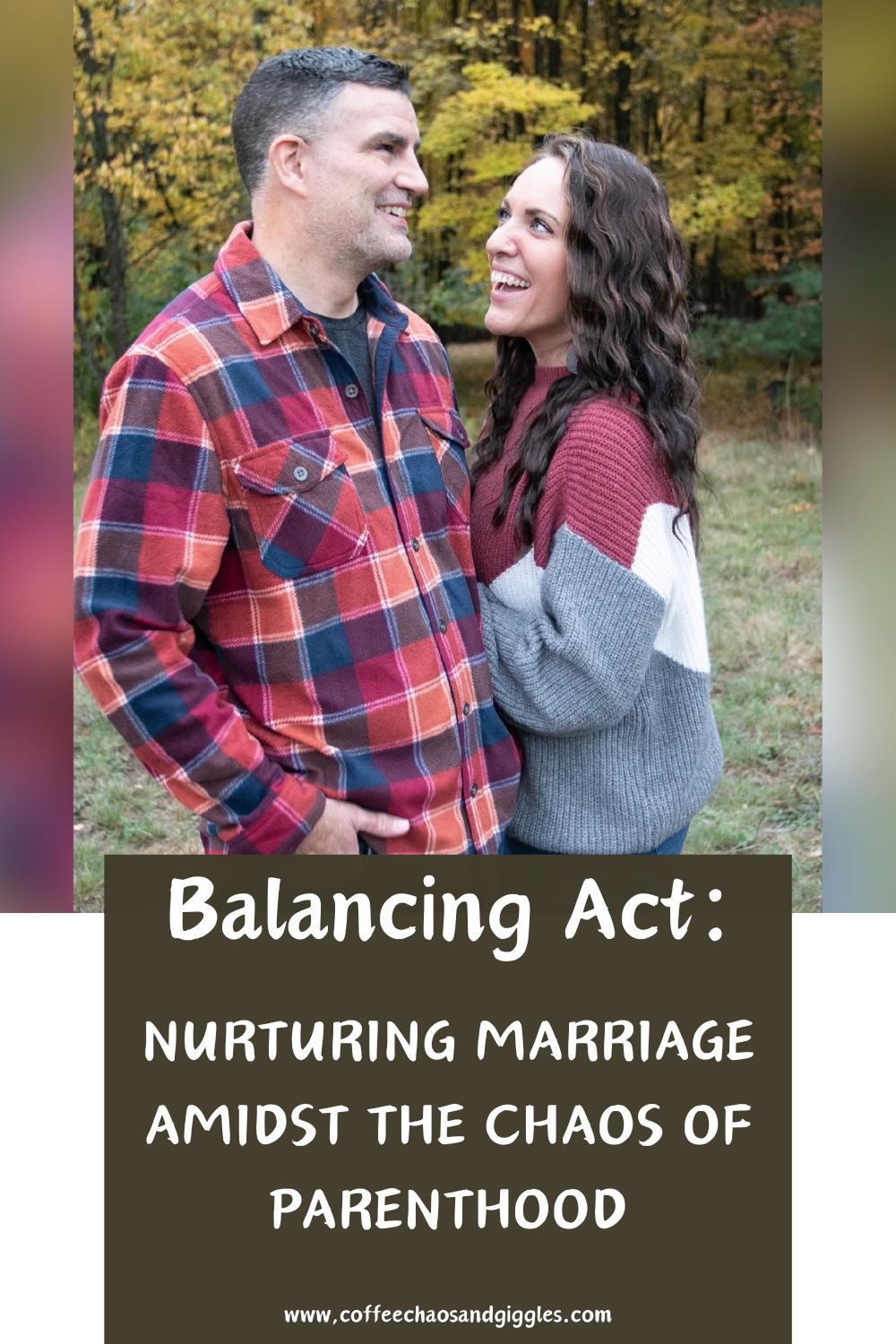Are you Empowering Your Children with the Knowledge and Tools to Prevent Sexual Abuse?

It’s never too early to be educating your child about safety. From a young age, we teach our children to watch a hot stove, we teach them the importance of looking both ways before crossing the street and washing their hands. One thing I’ve learned through the years is that our children aren’t being educated about their body and what happens to it. I’m not referring to when they hit puberty, I’m talking about arming our children with the knowledge and tools to potentially prevent sexual abuse from happening to them.
The CDC estimates that approximately 1 in 6 boys and 1 in 4 girls will be sexually abused before the age of 18. Look around. think about your nearest and dearest friends or family. More than likely, one of them has been a victim of sexual abuse. Also alarming is the fact that only 10% of perpetrators were strangers to the abused and 23% of them were children themselves according to the US Department of Justice.
Here are some other alarming statistics from the CDC:
- There were 678,932 victims of child abuse and neglect reported to Child Protective Services (CPS) in 2013.
- The youngest children are the most vulnerable with about 27% of reported victims being under the age of three.
- CPS reports may underestimate the true occurrence of abuse and neglect. A non-CPS study estimated that 1 in 4 children experience some form of child maltreatment in their lifetimes.
- About 1,520 children died from abuse and neglect in 2013.
- The total lifetime cost of child maltreatment is $124 billion each year.
Sadly there statistics don’t shock me, rather they frighten me and make me sick to my stomach. I know a lot of beautiful women and men who have been a victim of sexual abuse. It has also struck very close to home.
I hear people say that their child will never be a victim because of their parenting styles or the fact that the people they have around them wouldn’t do those kinds of things to their children. They claim that their children are always within eyesight and the excuses pile up as to why their children won’t become victims.
To them, I’d say that I hope that they’re right, but according to the US Department of Justice, only 10% were strangers to the victim, as I previously mentioned.
Ask yourself these questions..
- Do your children go on play-dates?
- Are they in daycare or preschool?
- Do you ever have family or friends that come to your house?
- Do your children play outside and play at a neighbors house form time to time?
The fact of the matter is that you cannot fully prevent your child from potentially being sexually abused. The mere thought of something happening to my child is enough to make me want to keep him indoors and away from the world. Think about it, as parents we cannot prevent our child from breaking a bone or getting stitches after a fall. We cannot prevent them from making a mistake or getting hurt nor can we prevent them from being at risk of sexual abuse. We have to allow our children to go into the world and interact, though it’s a terrifying thought, we can at least give them the knowledge to potentially save them from being a victim.
It’s important for parents to talk to their children about this topic much sooner than when they are told about it in school. Talk to your children. Understand that it doesn’t have to be a scary subject. Here are some important areas to cover when broaching the subject of sexual abuse.
Talk about Body Parts
Work with your child from an early age to help them understand different parts of their bodies.Try to use proper terminology when referring to them.
Teach them that their Parts are Private
Work with your child in their understanding that they have private body parts. Parts of their body that should never been shown to anyone or touched, unless by a medical professional because it’s needed. Also explain to them that another individual would be in the room if you and your spouse were unable to be there. It’s also important to mention to your child that some touches might tickle or feel good, but that it is still wrong.
Teach your Children about Boundaries
Explain to your child that no one should ever touch their private parts or request for them to touch someone else’s privates. These are boundaries that should never be crossed.
Teach your Children that Secrets shouldn’t be Kept from You
It’s no secret that abusers often tell their victims to keep the abuse a secret. Explain to your child that they should never keep secrets from you and that they will never be reprimanded for being honest.
Teach your Children that no one should take Pictures of their Privates
This seems to be frequently overlooked by some parents. Unfortunately there are a ton of pedophiles out there, and they’d love to get their perverted hands on pictures of your child’s privates. Tell your children that no one should ever ask to take pictures of their privates and that if anyone ever requests to, that they should tell you immediately.
Teach your Children that it’s OK to admit when they’re Uncomfortable
If your child is ever in a situation that makes them feel uncomfortable, tell them that it’s OK to remove themselves from the situation or call/come and get you immediately.
Teach your Children that Rules still Apply
Regardless of whether they know the person or if they’re another child, it’s important for your child to know that these rules still apply. Most children will say that a ‘bad guy’ is typically older and maybe resemble some character they saw on TV. Explain to them that a bad guy can look like anybody.
Teach your Child a Code Word
Create a code word your child can use when they feel unsafe or want to be picked up from wherever they are. This code word can be used whether they are home and there are guests around or whether they are away at a friends house or at school. When your child uses this code word when speaking to you, you immediately know that your child does not feel safe.
***

I wont sit here and say that these discussion points will absolutely prevent sexual abuse, but I do understand that without such discussions, your child is at a higher risk. Knowledge is a powerful deterrent to childhood sexual abuse as more often than not a child is targeted because they tend to be innocent and ignorant surrounding the topic of sexual abuse.
It’s also important to understand that this discussion should evolve over time. As they get older, you’re able to better explain it, and they’ll understand the discussion points better. It’s imperative that these discussions are frequent in nature.
Having discussions with your children about body safety will have the power to prevent some traumatic and life altering experiences. Don’t set your child up for success; empower them with the tools and knowledge to recognize dangerous situations and to know right from wrong.
Pictures: Danielle Jones
Sources: CDC




Excellent blog! This is important information that needs to be heard! Great job. I found another super good link with more info… https://www.nsopw.gov/en-US/Education/FactsStatistics?AspxAutoDetectCookieSupport=1 As you said, it could be someone they know…it could be a babysitter even! It can be a frightening world out there and you are right that arming your child with knowledge is the BEST thing you an do. I LOVE the idea of a safe word! Nice job with this!!! <3